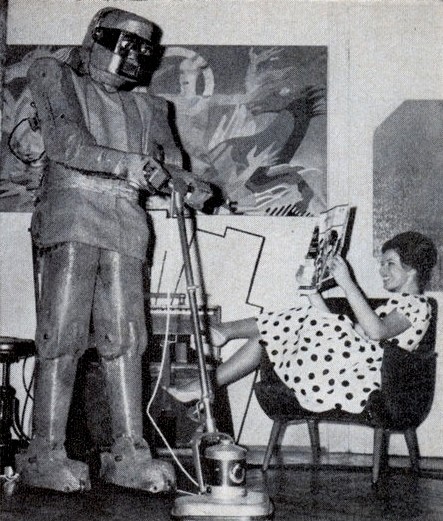Despite some instances of revisionist history, Bill Gates knew early on exactly how disruptive the Internet would be, and now he feels the same about Weak AI. And he’s not alone. The question is how quickly technological unemployment will spread. Could more than 30% of all jobs vanish within a decade without new ones to replace them? Or will it be a slower fade to black for the remnants of the Industrial Age? From Timothy Aeppel at the WSJ:
Microsoft co-founder Bill Gates, speaking in Washington last year, said automation threatens all manner of workers, from drivers to waiters to nurses. “I don’t think people have that in their mental model,” he said.
Robot employment
Gartner Inc., the technology research firm, has predicted a third of all jobs will be lost to automation within a decade. And within two decades, economists at Oxford University forecast nearly half of the current jobs will be performed with machine technology.
“When I was in grad school, you knew if you worried about technology, you were viewed as a dummy—because it always helps people,” MIT economist David Autor said. But rather than killing jobs indiscriminately, Mr. Autor’s research found automation commandeering such middle-class work as clerk and bookkeeper, while creating jobs at the high- and low-end of the market.
This is one reason the labor market has polarized and wages have stagnated over the past 15 years, Mr. Autor said. The concern among economists shouldn’t be machines soon replacing humans, he said: “The real problem I see with automation is that it’s contributed to growing inequality.”•
Tags: Bill Gates, David Autor, Timothy Aeppel

